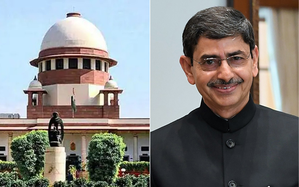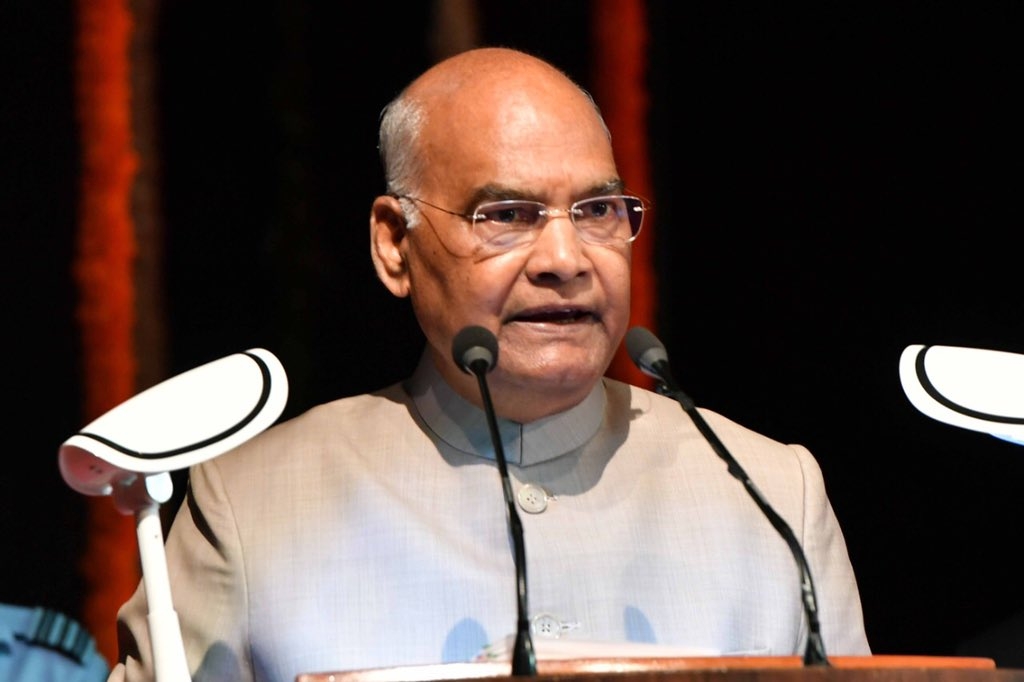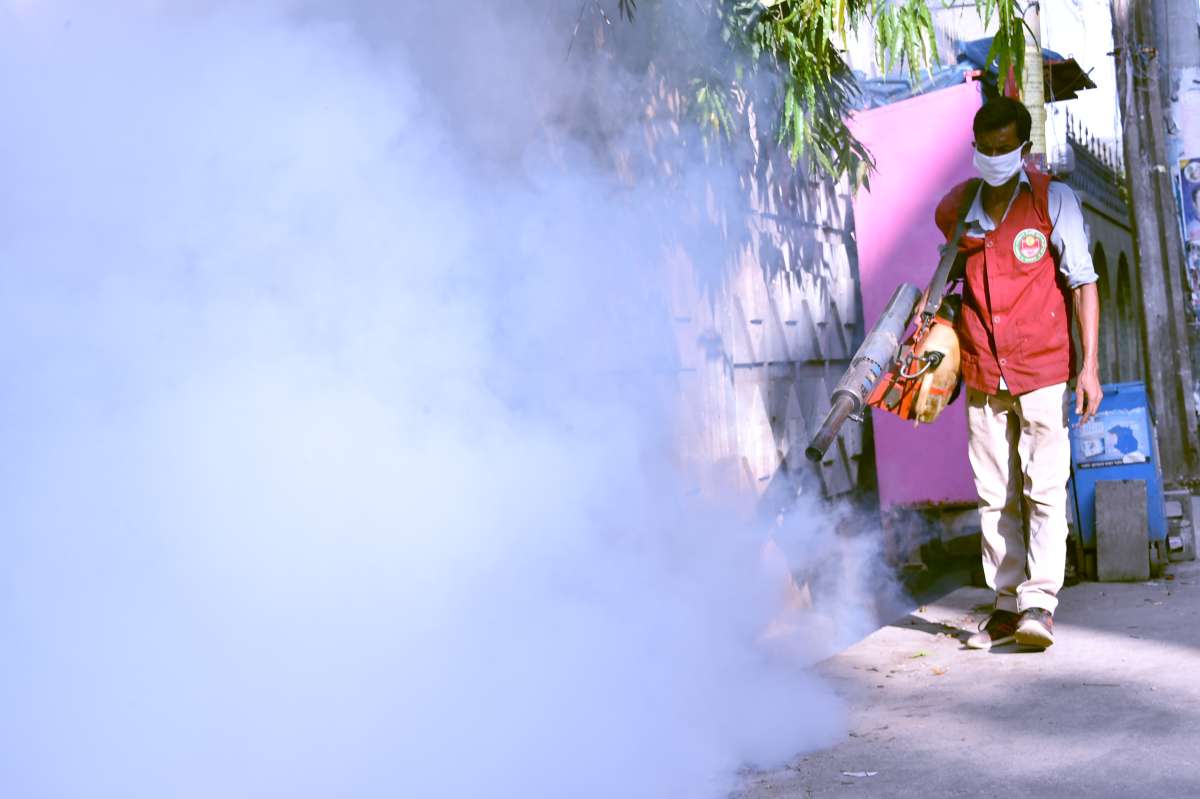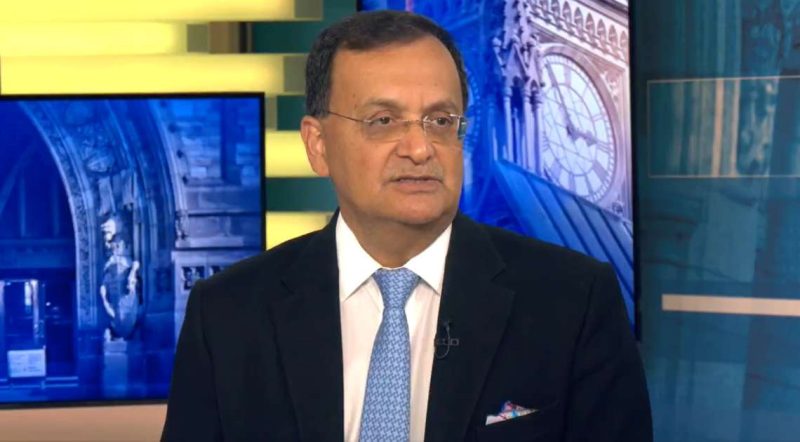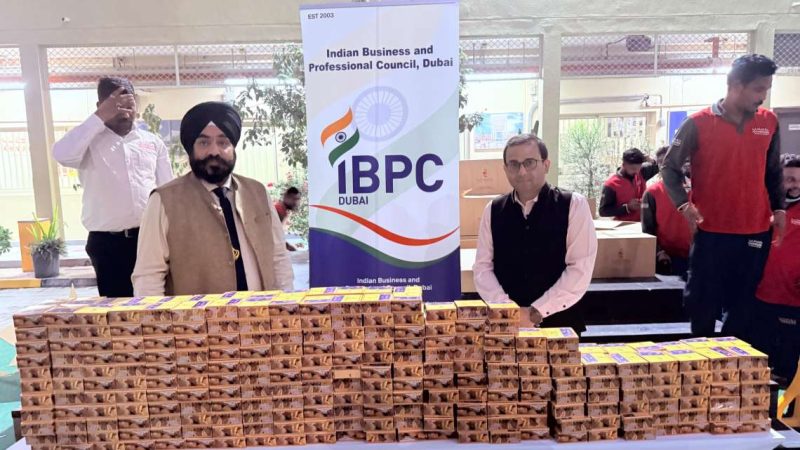A three-judge bench headed by Chief Justice of India D Y Chandrachud asked the reason for delay while hearing the Tamil Nadu Government plea…reports Asian Lite News
The Supreme Court on Monday questioned the Tamil Nadu Governor over the delay in disposing of various pending bills.
A three-judge bench headed by Chief Justice of India D Y Chandrachud asked the reason for delay while hearing the Tamil Nadu Government plea.
The court noted that various bills were disposed of by the governor on November 13.
The top court expressed its concern observing that bills were pending since January 2020 and were cleared after the apex court passed the order on November 10.
“It means that the Governor took the decision after the Court issued notice. What was the Governor doing for three years?” the court said.
“Why should the Governor wait for the parties to approach the Supreme Court,” the court asked.
Attorney General R Venkataramani clarified that the present Governor has assumed office in November 2021. But the top court was not convinced by his submission.
The court adjourned the matter till December 1 when it was informed the Assembly had passed again the ten bills in a special session on November 18.
Senior Advocate Mukul Rohatgi and Abhishek Manu Singhvi appearing for the State of Tamil Nadu, informed the bench about such facts.
All the 12 Bills mentioned in the writ petition have been disposed of on November 13. (Out of these 12 bills, assent has been withheld in 10 bills and 2 bills have been reserved for consideration of the President.)
On November 18, 2023, a special session of the Tamil Nadu Legislative Assembly was held and all the 10 Bills for which assent was withheld by the Governor, were reconsidered and passed in the Assembly.
All 10 Bills have been sent by the State Government to the Governor’s Secretariat on November 18.
On the proposals related to the appointment of Members of the Tamil Nadu Public Service
Commission, the Governor said that he has observed that there is no transparency in the entire selection process and further, he found that the person sought to be appointed as Chairman will have less than a year in office if appointed.
However, it may be noted that the Governor has approved all the other proposals for
appointment received from the Government, the note said.
The Supreme Court also called that the issues raised in the petition are of great concern.
The Tamil Nadu Government has moved the Supreme Court to issue directions to the Governor to clear the bills and various files forwarded by the Tamil Nadu Legislative Assembly and Government which are pending with his office within a specified timeframe.
In the petition, the TN Government has sought to direct the Governor to dispose of all the Bills, files, and Government orders forwarded by the Tamil Nadu Legislative Assembly and Government which are pending with his office within a specified timeframe.
The petition has been filed through an advocate Sabarish Subramanian.
The petition sought to declare that the inaction, omission, delay and failure to comply with the constitutional mandate by the Governor of Tamil Nadu/ first Respondent qua the consideration and assent of the Bills passed and forwarded by the Tamil Nadu State Legislature to him and the non-consideration of files, Government orders and policies forwarded by the State Government for his signature is unconstitutional, illegal, arbitrary, unreasonable besides malafide exercise of power.
“The Governor by not “signing remission orders, day-to-day files, appointment orders, approving recruitment orders, granting approval to prosecute Ministers, MLAs involved in corruption including transfer of investigation to CBI by Supreme Court, Bills passed by Tamil Nadu Legislative Assembly” is bringing the entire administration to a grinding halt and creating adversarial attitude by not cooperating with the State administration,” Tamil Nadu govt said.
Thereby the state government sought to issue directions to stipulate the outer time limit for the 1st Respondent governor to consider Bills passed by the Legislature and sent for assent qua Article-200 of the Constitution in light of the recommendations of the Sarkaria Commission.
“The refusal to act on the aid and advice of the Council of Ministers or deliberate inaction in acting on the Bills or on the files on the part of the Governor including any delay, will defeat the parliamentary democracy and the will of the people and consequently violates the basic structure of the Constitution,” the petition said.
The state government said that the current Writ Petition addresses the specific issue that the Government and Legislative Assembly of Tamil Nadu are facing amendments or changes as he thinks appropriate.
“If, on such reconsideration, the Bill is passed again, with or without amendments, and is presented to the Governor for assent, he has to accord his assent. The second proviso says that if in the opinion of the Governor, any Bill presented to him derogates the powers of the High Court so as to endanger the position that the High Court is designed to fill by the Constitution, he is bound to reserve the Bill for the consideration of the President,” the petition added.
TN Govt said that by denying sanction when the investigative authorities have found prima facie evidence of corruption and have asked for permission to prosecute, the first respondent governor is engaging in politically motivated conduct. This includes the CBI inquiry that this Court has approved and that the Madras High Court ordered.
“The Governor’s inactions have caused a constitutional deadlock between the Constitutional Head of the State and the Elected Government of the State and by not acting upon their Constitutional functions, the Governor is toying away with the citizen’s mandate,” the state government said.
Hence, the state government has sought to issue appropriate directions laying down guidelines stipulating the outer time limit for the 1st Respondent to consider Bills passed by the Legislature and sent for assent qua Article-200 of the Constitution in light of the recommendations of the Sarkaria Commission.
It also sought to issue directions laying down guidelines stipulating the outer time limit for the 1st Respondent to consider files, policies, and Government orders sent for signature in the discharge of his constitutional functions. (ANI)

Centre Questioned Over Delay in Judges’ Transfer
The Supreme Court on Monday questioned the Centre over the transfer of judges from one court to another observing that the government has kept recommendations pending regarding the transfer of few judges.
A bench of justices Sanjay Kishan Kaul and Sudhanshu Dhulia noted that out of the remaining 11 names where judges had to be shifted from one high court to the other, 5 have been transferred. The court noted that six names of judges are still pending of which four are from Gujarat and one each from Delhi and Allahabad.
The court said that such selective transfers of judges do not send a good signal.
The court also questioned the Centre over delaying clearing the recommended names of advocates Harmeet Singh Grewal and Deepinder Singh Nalwa to be appointed as judges of the Punjab and Haryana High Court.
The court noted that in recently recommended names, eight candidates have not been cleared and appointed. Some of these people are senior to others who have been appointed.
However, the court adjourned the matter for December 5 at the request of the attorney general.
The court time to time had expressed its concern on the Centre’s approach in clearing the name for judicial appointment as it noted that recent appointment was done selectively.
Earlier the Supreme Court had expressed its concern on the issue of keeping the list of the transfers of judges of the high courts pending with the Centre.
The court was dealing with the petition against the Centre for keeping the Collegium-recommended names of judges for their appointment in the various High courts and Supreme Court pending.
One of the petitions was filed by the Advocates Association of Bengaluru seeking to initiate contempt action against the Union Ministry of Law and Justice for not following the timeline for clearing judicial appointments recommended by the collegium.
Along with the Advocates Association of Bengaluru, the court was also dealing with
NGO Common Cause petition raising the issue of delay in judicial appointments. (ANI)


